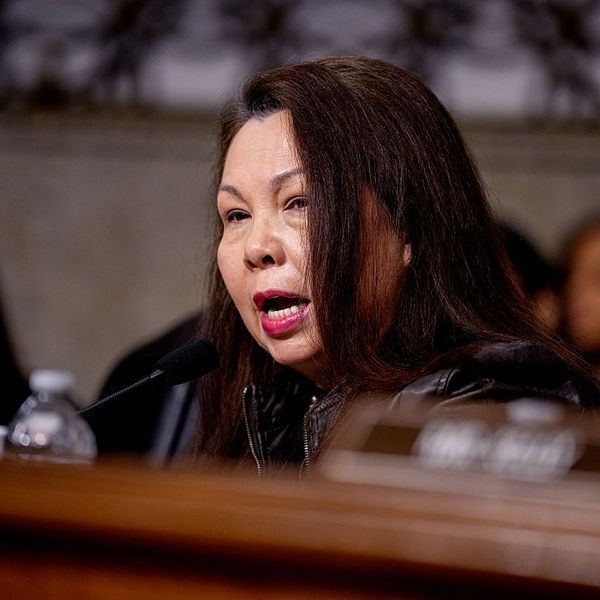Radovan Karadzic has been found guilty of genocide for the 1995 Srebrenica massacre and was sentenced to 40 years in prison. That's Radovan Karadzic: Bosnian Serb leader, Bosnian Serb politician, Bosnian Serb war criminal, Bosnian Serb. But that's not, if you have followed the past 20 years of international media coverage, Radovan Karadzic...European Christian.
I'm not going to go into Karadzic's religious history and beliefs here, but suffice it to say that this was a man who in 2010 described the viscous bloodbath he oversaw as "just and holy." Muslims were systematically slaughtered. Mosques were blown up. The overtones of the Crusades were obvious.
Yet the European and US media, for the most part, did not (and do not) wish to define Karadzic in terms of his religious affiliation. Many of his victims, however, were certainly framed in that way -- they were "Bosnian Muslims." But the aggressors were usually identified by region and nationality, not religion. This allowed those who live in Europe, or the world, who are not Serbian or Bosnian Serbs to distance themselves. "That's got nothing to do with me..." is the obvious reaction for those of us from another country or region.
When, however, we define people such as Karadzic as "Christian" (and do so on a consistent basis) we enter into an entirely new realm of identity. Any notion of personal connection or collective responsibility moves from region or nation-state to a much broader disapora of peoples linked simply by their religious faith. Of course, a natural reaction on the part of Christians globally would be to distance themselves from Karadzic, and to claim that his actions have nothing to do with "real" Christians or Christianity.
In other words, Christians would get uncomfortable -- or even offended -- by the suggestion that they are in any way represented by a monster like Karadzic .
In much the same way, I would imagine that the vast majority of Muslims get uncomfortable -- or even offended -- by the way in which mainstream media outlets de facto link their Muslim faith to the actions of ISIS. In much the same way, I would imagine, that the vast majority of Muslims get uncomfortable -- or even offended -- with being asked by the media to "condemn" the actions of violent madmen in Paris or Brussels with whom they feel no spiritual or personal connection. In much the same way, I would imagine, that the vast majority of Muslims get uncomfortable -- or even offended -- by the proposal that they be banned from a country simply on the basis of their religion.
This is the power of language: the power of a single word to alter how we understand and react to news. If the media will not define Karadzic as a "Christian" out to kill Muslims, we should ask why. Or, inversely, if they are willing to define a perpetrator in religious terms only if he/she is Muslim, we should ask why. Ultimately, the Karadzic story reveals a clear, self-serving ethnocentrism in European and US media.
This isn't about moral relativism. This isn't about political correctness. This is about the basic concepts of professional and intellectual consistency.


